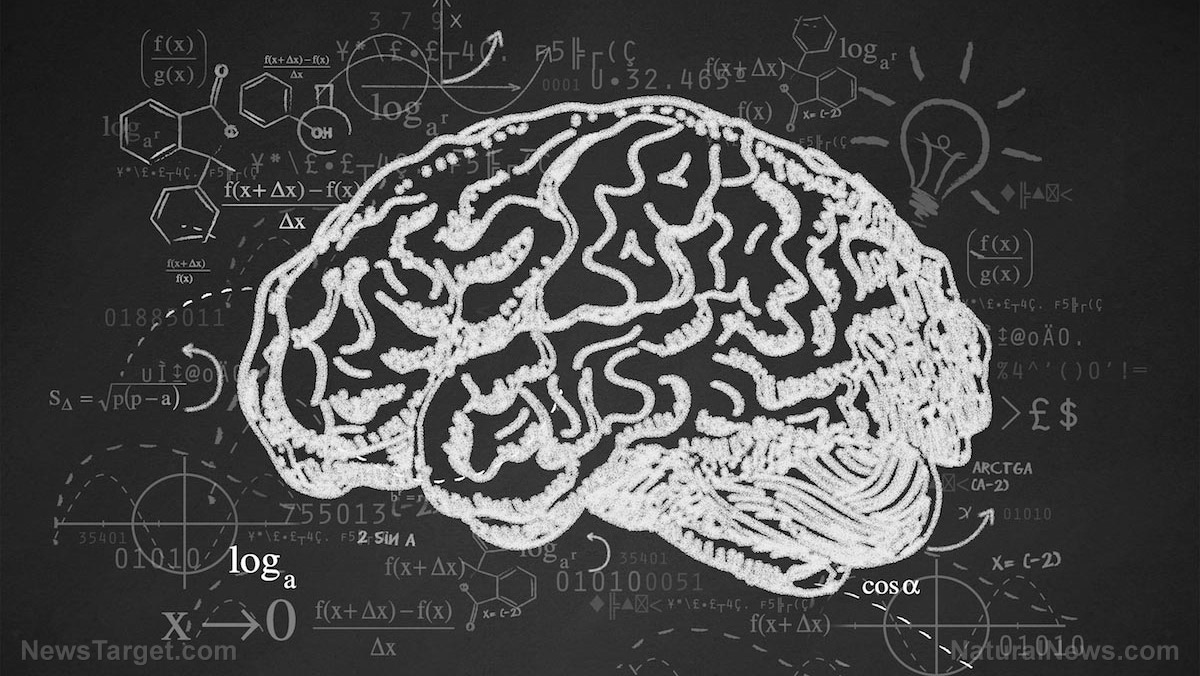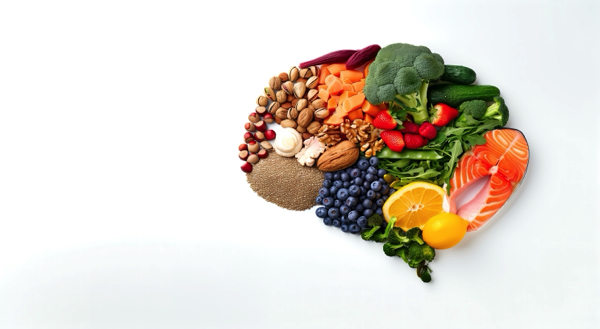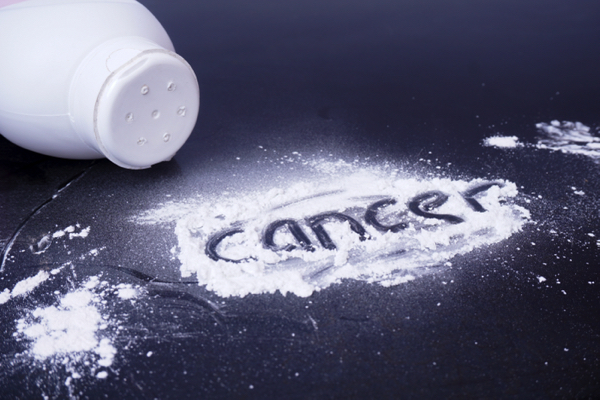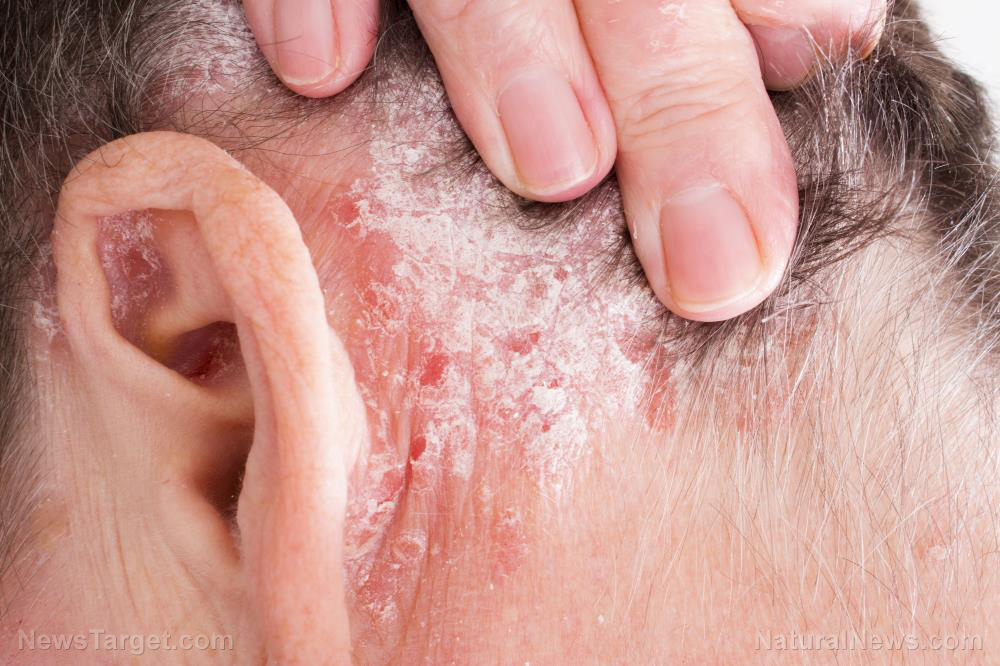When healthy eating leads to WORRY, OBSESSION, or a feeling of INADEQUACY, it’s no longer healthy
08/12/2025 / By Lance D Johnson

In a world saturated with health influencers, diet culture, and “What I Eat in a Day” videos, it’s easy to find yourself lost in a sea of dietary choices, each promising a healthier you. But what happens when the quest for clean eating spirals into a full-blown obsession that can warp your mental health? This is the stark reality of orthorexia, an emerging eating disorder that, while often overlooked, is gaining traction in the health-conscious community. The journey from a passion for healthy eating to an unhealthy obsession is perilous, and it’s one that many young adults are silently traversing.
Understanding and addressing orthorexia isn’t just about identifying the signs — it’s about challenging the societal pressures that perpetuate its growth, and taking steps to recognize unhealthy, rigid thought patterns that can lead to paranoia, feelings of inadequacy, persistent worry of “toxins” and fear of foods. The question that lingers is: Can we find a way to embrace health without losing our grip on reality?
Key points:
- Orthorexia is a condition characterized by an obsessive fixation on healthy eating, often leading to severe psychological distress.
- The disorder is marked by a rigid adherence to specific dietary rules and an intense fear of consuming foods deemed unhealthy.
- Orthorexia can manifest differently from other eating disorders, focusing on the quality of food rather than the quantity consumed.
- Social media platforms can fuel orthorexia by promoting rigid diets and unrealistic health standards.
- Treatment options for orthorexia include cognitive behavioral therapy (CBT), nutrition counseling, and building a supportive network.
The precarious balance: Distinguishing healthy eating from orthorexia
Picture this: You’re on a road trip with friends, and you pull into a diner for some classic Americana. One friend, who you know prides themselves on clean eating, suddenly seems uncomfortable, almost restless, at the sight of the menu. They glance at the items, pluck their favorite, and then fret about the potential grease and preservatives in the food. To the outside world, their behavior might seem reasonable; after all, they’re choosing a healthier option. But the underlying anxiety tells a different story.
Orthorexia nervosa, a term coined by Dr. Steven Bratman in 1997, describes this exact scenario. It is an eating disorder characterized by an obsession with eating foods deemed healthy, often at the expense of mental well-being. The term itself translates to “correct appetite,” highlighting the paradox inherent in the condition: The individual seeks the right kind of food but ultimately harms their psychological health. When healthy eating becomes an OBSESSION or a feeling of INADEQUACY, it’s no longer healthy.
Orthorexia isn’t simply about choosing the healthiest meal; it’s about the rigid beliefs and emotional turmoil that accompany dietary choices. Dr. Rafaat W. Girgis, a board-certified psychiatrist, points out that orthorexia can easily be mistaken for ordinary eating habits. “Orthorexia often looks like healthy eating on the surface,” he explains. “But a person struggling with it won’t have the same ease as someone who enjoys healthy eating but allows for flexibility.”
The roots of orthorexia are multifaceted, intertwining with societal pressures and the widespread promotion of “perfect” dietary choices. Social media, with its influencers peddling strict diets, only adds fuel to the fire. “It’s shocking how often people on platforms like TikTok and Instagram tout their ‘clean’ eating habits, without considering whether these choices are balanced or sustainable,” says Amy Shapiro, a registered dietitian.
Historically, eating disorders have often been linked to body image concerns, such as the drive for thinness. However, orthorexia stands apart by focusing on dietary purity rather than weight loss. This shift in focus can make orthorexia even more insidious, as it aligns with societal narratives about health and wellness, making it harder to recognize. As Girgis notes, the condition can overlap with other mental health disorders, including OCD and anxiety, creating a complex web of symptoms.
The impact of social media influencer culture: Fostering worry and perfectionism
In a world where Instagram posts of perfectly curated salads can lead to thousands of likes and comments, it’s no wonder that the quest for dietary perfection has taken center stage. Social media platforms, particularly TikTok and Instagram, have become breeding grounds for content that normalizes, if not encourages, extreme dietary habits. These platforms often showcase the “perfect” diet, perpetuating an illusion of health that is nearly impossible to maintain in real life.
“Many of the influencers promoting their diets don’t provide a full picture of what they eat or how they live every day,” Shapiro explains. “It’s like seeing a highlight reel but never the behind-the-scenes work.” This fragmentary portrayal can lead viewers to feel inadequate, as they compare their less stringent eating habits to the flawless routines of influencers. The result is a heightened obsession with what others eat, a phenomenon that can be particularly triggering for those with existing eating disorders.
Moreover, the emphasis on purity and the absence of “toxins” in food can create a phobic mindset where nothing is ever “good enough.” “People with orthorexia often feel the need to cleanse or detox their body as a response to perceived impurity,” Girgis says. This response can exacerbate the obsessive cycle, creating a vicious feedback loop where dietary rules become ever stricter.
The historical context of orthorexia is tied to broader societal shifts toward health and wellness. In the late 20th century, as environmental concerns rose, the conversation about toxic chemicals in food and beauty products intensified. While this awareness is crucial, it has also contributed to a culture where fear of toxins can become paralyzing. Health-conscious messages, when not balanced with an understanding of their limitations, can lead to extreme measures, ultimately undermining mental health.
Healing from an unhealthy obsession: Finding balance in eating
Navigating the complexities of orthorexia requires a multi-faceted approach that goes beyond dietary counseling. Cognitive behavioral therapy (CBT) has emerged as a critical tool in addressing orthorexia’s deeply ingrained thought patterns. “CBT helps individuals identify and challenge the negative thoughts that drive their behaviors,” Girgis explains. By reframing these thoughts, patients can begin to develop a more balanced relationship with food and their bodies.
Another vital component of recovery is nutrition counseling. Working with a registered dietitian can help individuals understand the nuances of their nutritional needs, fostering a more realistic and flexible approach to eating. “It’s not about finding the perfect diet; it’s about finding a diet that is sustainable and nourishing,” Shapiro emphasizes.
Building a supportive network is equally important. Surrounding oneself with friends and family who understand the struggles of orthorexia can provide emotional stability and encouragement. “The power of a support system cannot be overstated,” Shapiro says. “Recovery can be a long and challenging process, and having people in your corner can make all the difference.”
Above all, it’s crucial to approach the journey with patience and grace. Recovery from orthorexia isn’t instant; it’s a marathon, not a sprint. Accepting that healing takes time can alleviate the pressure to achieve quick results, allowing for more sustainable progress.
Sources include:
Submit a correction >>
Tagged Under:
brainwashed, cognitive behavioral therapy, detox, diet culture, eating disorders, eating habits, food obsession, health awareness, mental health, Mind, mind body science, nutrition counseling, OCD, perfectionism, propaganda, psychological problems, Psychology, Social media, toxins
This article may contain statements that reflect the opinion of the author





















